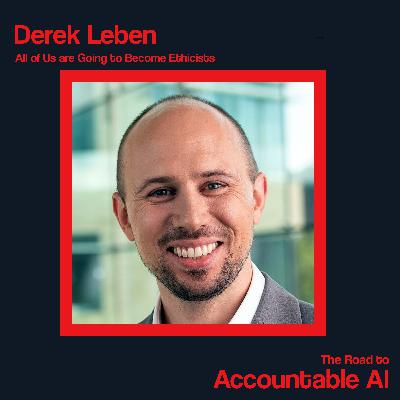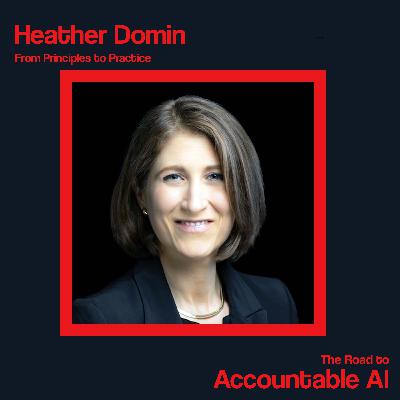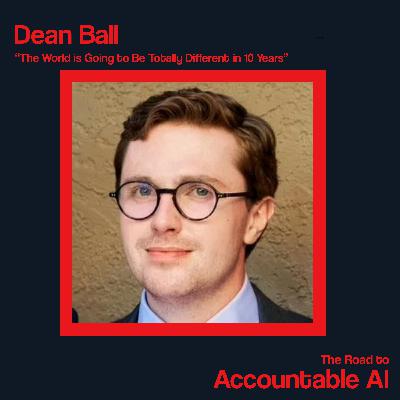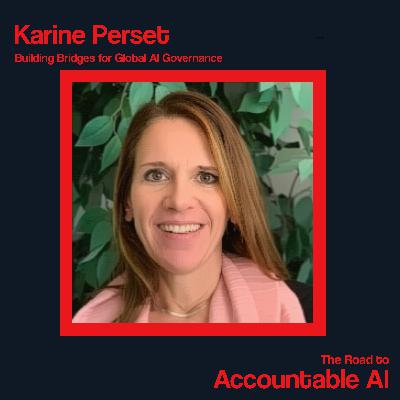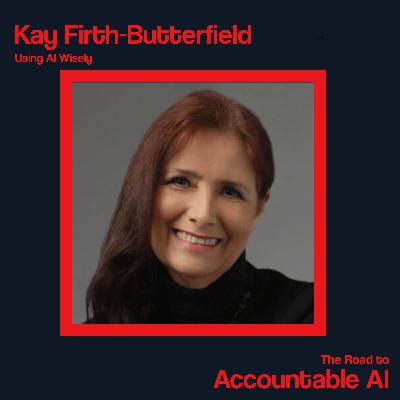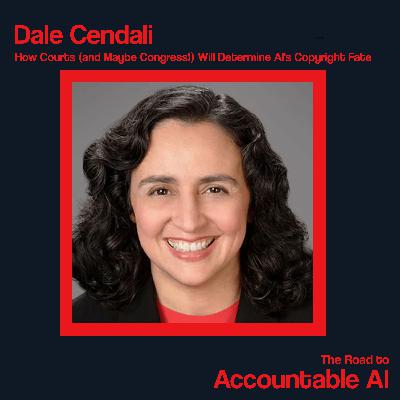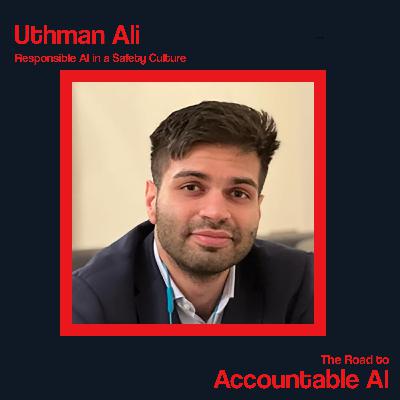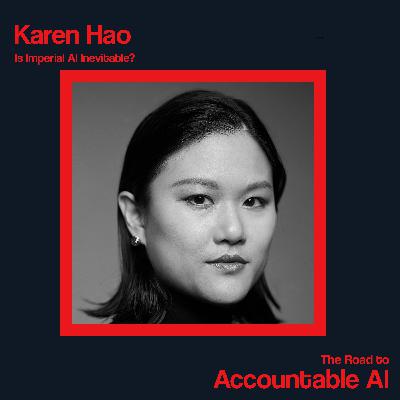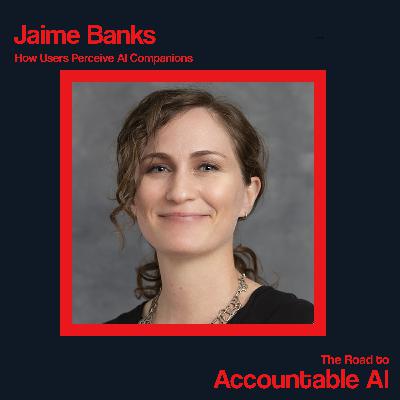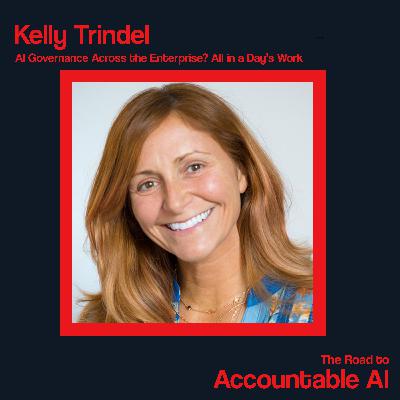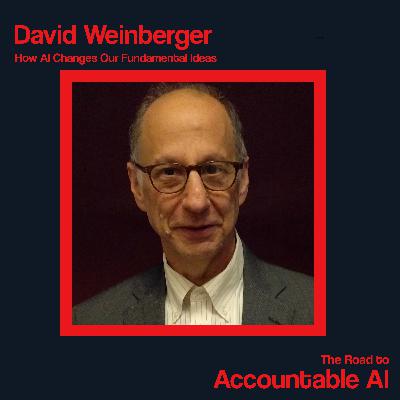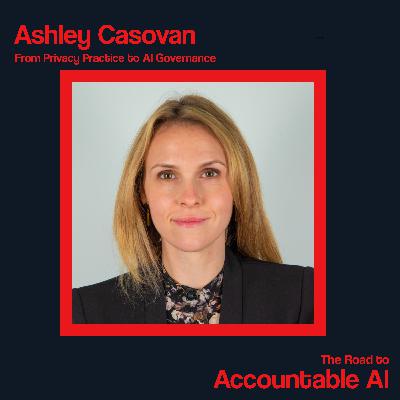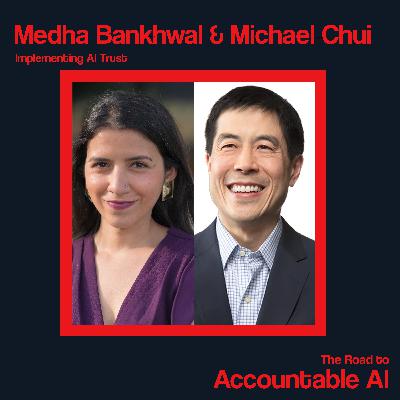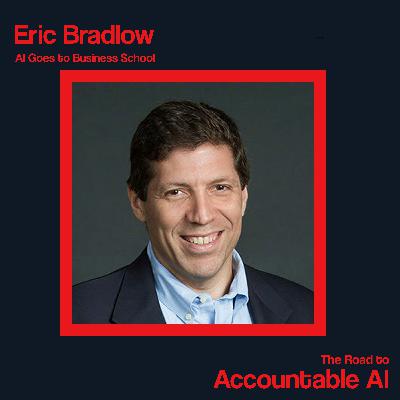Derek Leben: All of Us are Going to Become Ethicists
Description
Carnegie Mellon business ethics professor Derek Leben joins Kevin Werbach to trace how AI ethics evolved from an early focus on embodied systems—industrial robots, drones, self-driving cars—to today’s post-ChatGPT landscape that demands concrete, defensible recommendations for companies. Leben explains why fairness is now central: firms must decide which features are relevant to a task (e.g., lending or hiring) and reject those that are irrelevant—even if they’re predictive. Drawing on philosophers such as John Rawls and Michael Sandel, he argues for objective judgments about a system’s purpose and qualifications. Getting practical about testing for AI fairness, he distinguishes blunt outcome checks from better metrics, and highlights counterfactual tools that reveal whether a feature actually drives decisions. With regulations uncertain, he urges companies to treat ethics as navigation, not mere compliance: Make and explain principled choices (including how you mitigate models), accept that everything you do is controversial, and communicate trade-offs honestly to customers, investors, and regulators. In the end, Leben argues, we all must become ethicists to address the issues AI raises...whether we want to or not.
Derek Leben is Associate Teaching Professor of Ethics at the Tepper School of Business, Carnegie Mellon University, where he teaches courses such as “Ethics of Emerging Technologies,” “Fairness in Business,” and “Ethics & AI.” Leben is the author of Ethics for Robots (Routledge, 2018) and AI Fairness (MIT Press, 2025). He founded the consulting group Ethical Algorithms, through which he advises governments and corporations on how to build fair, socially responsible frameworks for AI and autonomous
AI Fairness: Designing Equal Opportunity Algorithms (MIT Press 2025)
Ethics for Robots: How to Design a Moral Algorithm (Routledge 2019)
The Ethical Challenges of AI Agents (Blog post, 2025)

